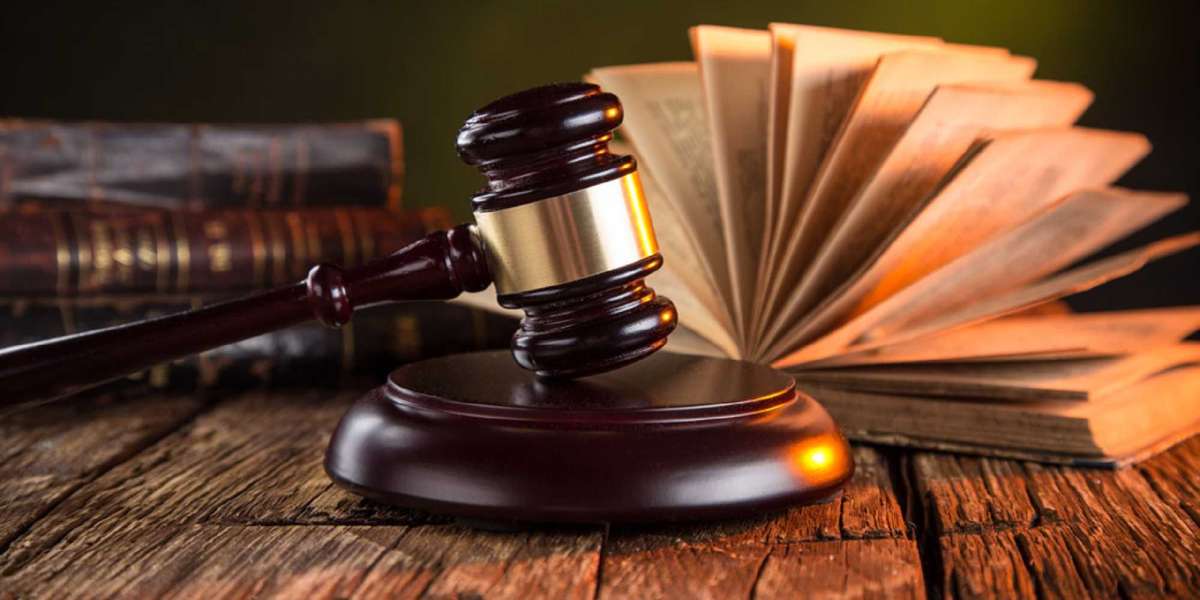While choosing a personal injury lawyer may feel like an intimidating task, knowing which questions to ask, a lawyer’s track record, and what kind of charges they charge can help you choose the faithful lawyer.
How to Choose a Good Personal Injury Lawyer?
Previous to choosing a personal injury attorney, it’s important to consider what makes a lawyer knowledgeable, secure, and successful. Having a good track record as well as plenty experience in personal injury can be the difference between winning and losing your case.
This conducive way below can help you in your search for choosing an accomplished personal injury lawyer.
6 Tips for Choosing a Personal Injury Lawyer
- Ask For Lawyer Referrals From People Around You
Choosing A Personal Injury Lawyer-Numerous of your friends and family members may have already worked with a lawyer for a medical malpractice lawsuit, after getting into a auto accident, or from a workplace incident.
You may wish to question them about their respective experiences. Be assured to ask detailed questions (without prying) to get a good image of what each person’s skills was like with their lawyer. Things to pay attention to may involve whether they were satisfied with the result of their case, how helpful the lawyer was throughout the case, whether they felt their concerns were heard and their legal requirements completely addressed, and if they went to trial, what was their trial experience like.
- Research Personal Injury Attorneys Online
In addition to referrals, you may be suitable to find out which personal injury lawyers are most prominent in your state by searching online. While you may want to search for lawyers in your birthplace, keep an open mind that it may be better to journey for the best legal representation.
You can also search potential lawyers against online standing spots. These sites give peer- reviewed ranks to assist potential clients understand how estimable and accomplished a prospective lawyer may be.
3. Make a List of Criteria That’s Important To You
When considering how to choose a personal injury attorney, it’s important to consider which criteria are most important to you.
For example, you may only want to work with a lawyer who works on a case- charge- base, or one who collects a percentage of your recovered amount but doesn't charge an outspoken fee. Narrowing your search to the law firms which set up their charges in this way can assist you choose the best personal injury lawyer for you.
The type of injury you sustained may also be important. Some lawyers have expansive expertise working with victims of motorcycle or car accidents, while others may have further expertise with medical malpractice claims. It’s best to consider your implicit lawyer’s boundary of expertise with individual types of cases before hiring them.
Criteria which may be important to consider when choosing the best personal injury lawyer may involve.
A lawyer’s experience with your variety of case (i.e. medical malpractice, car accident injury, sexual assault, etc.)
Size of the law firm
A lawyer’s credentials and track record
A lawyer’s availability to take your case
The law business’s years of experience and access to coffers
How the law firm handles case charges
Old client experiences
Success record
4. Review Each Lawyer’s Credentials and Track Record
Becoming a credentialed lawyer takes time and devotion. Maximum states need a Juris Doctor degree from an accredited law school, as well as a given score on the state bar test. Conditions for practicing attorneys contrast by state and administration.
Different licensing, registrations, and certificates a lawyer may require to obtain for their own state, administration, or the law firm which employs them may involve.
Completing and passing the Law School Admissions Test (LSAT), previous to entering law school.
Graduating from a law school accredited by the American Bar Association
Taking the Bar examination in each state (for lawyers who want to exercise in more than one state)
Remaining over-to- appointment about legal developments which affect their area of law practice
Continuing legal instruction every year or every three years (in most states)
Board certificate in personal injury action — this ensures the lawyer has expansive experience as well as passed the state bar test
In addition to upholding required licensure, it’s important that whichever personal injury attorney you choose has a record for success. After all, you're pursuing your claim with the hope of winning, and an accomplished lawyer can give you with an overview of the best possible result based on the details of your case.
- Consider Firm Size, Availability, and Experience
Next, look at the size of each firm you are considering. A big firm can mean further coffers and expertise, but may also mean lower time to dedicate to your case. Despite big numbers of cases, the best firms manage their workload easily.
It’s also important to consider the experience a law firm has. A lawyer with lower experience may be part of a firm with decades of collaborative experience and may represent you well, as opposed to a more accomplished personal injury lawyer who practices alone and doesn't have access to the same coffers. For this case, it’s important to consider the collaborative experience level of the firm.
- Choose the Best Lawyer for Your Case
After consulting with a small choice of highest-rated personal injury lawyers, you may be prepared to choose the best lawyer to represent you for your right.
Consider all the criteria that make an excellent lawyer, similar as experience, success rate, and client reviews, as well as your own instincts upon meeting the lawyer. While you can break a contract with a lawyer if required, it’s not optimal to have to alter legal representation during your case.
For this case, it’s important to ask as numerous questions as possible during your discussion and to spend some time discussing your case at length. This will give you a good sense for the lawyer’s systems, experience, and an idea of how important time they can dedicate to your case.
The accurate lawyer will make you feel heard, insure every angle of your claim is addressed to strengthen your case, and give you the full chance to win your claim and get the fairest amount of compensation.








